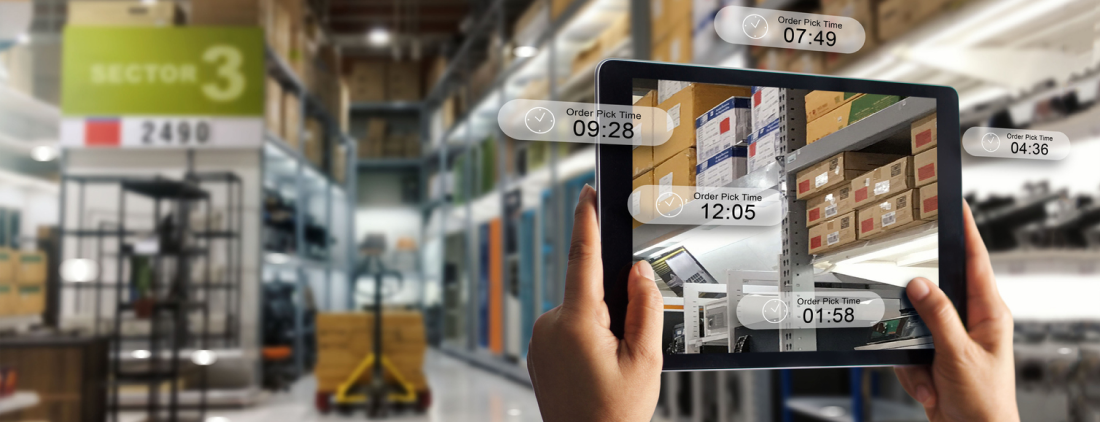The Necessity of Data-Driven Retail

In recent years, retailers have introduced new capabilities at a record pace. To stay ahead of intense competition and ever-changing customer expectations, many are leveraging lean retail principles and modern retail software to become customer-centric data-driven operations.
In this post, we will look at the benefits of data-driven retail and the moves that will position retailers to drive top-line growth and margin improvement.
What are the Benefits of Data-Driven Retail?
Successful retailers know that data-driven strategies will improve the customer experience, increase sales, and reduce costs. When combined with advanced analytics and automation, the opportunities are endless. I typically break the benefits down into three categories, which always surface immediate opportunities:
1. Data-driven retail allows your chain to optimize and automate inventory.
Inventory optimization is a well-recognized benefit of using data. By tracking and responding to what sells in each store and online — in any given week or based on seasonality — retailers ensure that in-demand items are in stock. At the same time, retail stores continuously optimize their assortment to reduce the costs of holding products that don’t move.
Inventory automation means using technology to make efficient and effective inventory decisions. Algorithms extract insights from broad sets of data and automatically translate those insights into optimized ordering. Through predictive analytics, this approach allows for a depth, breadth, and agility of inventory management that was beyond reach for many retailers until recently.
With real-time customer and supply chain data, distributed order management is now becoming a reality. This enables the intelligent routing of orders from multiple sales channels through the optimal fulfillment process, ultimately meeting customer expectations at the lowest possible cost to the retailer.
2. Data-driven retail enhances personalization.
Personalization has emerged as a difference-maker for retail. When customers feel understood and have positive shopping experiences, they often spend more and return. In the evolving world of hyper-personalization and carefully curated customer experiences, data is king.
Data-driven retail allows for a deeply personalized experience. It goes beyond purchase recommendations to include gestures like remembering the shopper’s store and transaction preferences and providing a retail loyalty program that the customer values.
According to Gartner, 49% of all retail customers that use “buy online, pick up in store” services make additional purchases when they pick up their items—brands can use that knowledge to drive the use of BOPIS. Brands can also boost sales by offering tiered loyalty programs and providing information about in-store availability using customer location data.
3. Data-driven retail helps optimize operations.
Data-driven retailers understand and optimize the time and costs of staff activities. As brick-and-mortar stores evolve to become omnichannel fulfillment centers, retailers can efficiently manage staff to balance back-room activities with more impactful on-the-floor activities.
Using data-driven approaches to automate inventory management allows retailers to improve the customer experience, reduce labor costs, and focus talented staff on human-to-human customer-facing activities.
How Can My Retail Chain Adopt Data-Driven Retail Techniques?
Retail as a category is comparatively well-positioned for data-driven strategies, with petabytes of transactional data available. However, simply having big data isn’t enough — the difference lies in what we do with our data.
The brands best positioned to thrive with data-driven retail strategies are those that do the following:
- Develop data-driven strategies and ensure that all required data is continuously collected.
- Unify data from disparate channels to get complete real-time visibility across their operations.
- Actively analyze the data and increasingly leverage AI and automation.
- Practice an agile, continuous process of experimentation and improvement.
It’s clear to us at FieldStack that legacy systems, disparate applications, and IT complexities are preventing most retailers from realizing the benefits of data-driven retail. That’s why we created FieldStack, the Lean Retail Software Platform that solves these challenges and delivers omnichannel capabilities on par with the world’s leading retail brands.